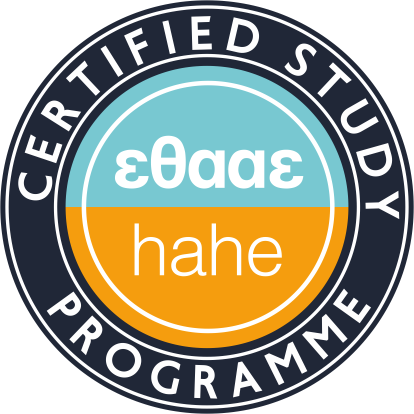Research
Hazard analysis, design, implementation, auditing and certification of HACCP in the food industry as well as quality management of the ISO 9000 series, are among the major activities of the Laboratory. Studying of spoilage and pathogenic microorganisms, detection of mycotoxins and pesticide residues in food and agricultural products are currently under study. In particular, research activity focuses on: (i) survival/growth of pathogens, with emphasis on the adaptive response to food-related stresses, (ii) biofilm formation and removal by chemical and natural disinfectants, (iii) predictive microbiology of foods, (iv) application of mild preservation technologies; (v) detection, isolation and subtyping of foodborne pathogens from foods and food processing environments and (v) ecology of ochratoxin A-producing fungi.
In addition, a Predictive Modelling Software tool, entitled GroPIN, which constitutes a database of 400 kinetic and probabilistic models for pathogens and spoilage organisms in response to a variety of intrinsic and extrinsic foods parameters (e.g., T, pH, aw, preservatives, atmosphere, etc.) has been developed. GroPIN is capable of simulating microbial growth and inactivation under static and dynamic processing and distribution conditions along the food chain, both deterministically and stochastically, via Monte Carlo simulation. The software is publicly available along with a detailed user guide at the following address: http://www.aua.gr/psomas/gropin/
The research activity is funded by European and National programs of GSRT and ELIDEK as well as agreements with Greek Food Companies.

